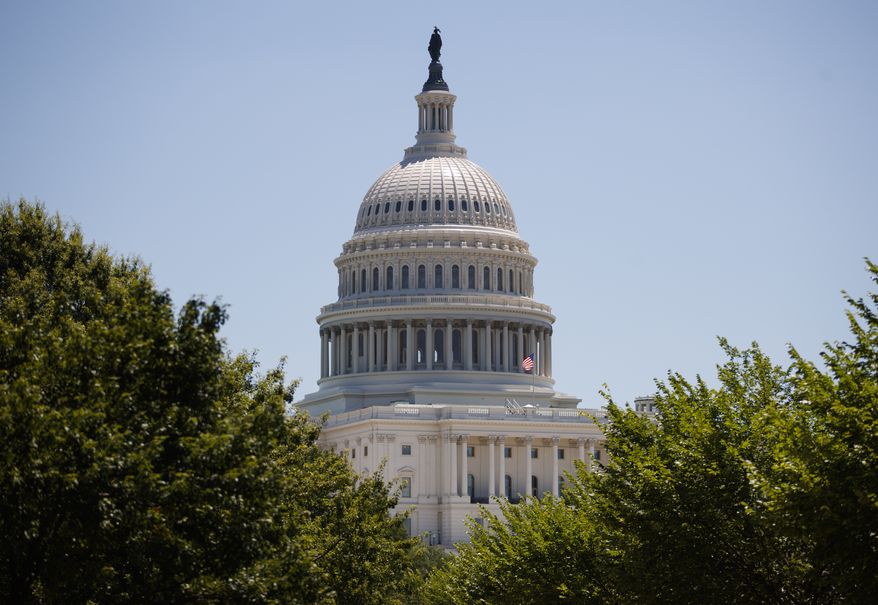Portland Has an Infrastructure Crisis on Top of a Big Budget Deficit

Portland’s Infrastructure Crisis Deepens
Portland, often dubbed “The City That Works,” is facing a severe infrastructure crisis, with a maintenance backlog that has grown alarmingly and now requires approximately $1 billion annually to manage. Essential city structures and systems including roads, buildings, parks, water systems, and technology are rapidly deteriorating. This degradation is largely due to prolonged periods of neglect and the city’s failure to invest in routine and preventative maintenance.
The city’s infrastructure, valued at nearly $75 billion, is predominantly over 50 years old and, according to a recent city audit, most of it is nearing or has surpassed its expected lifespan. The audit highlights a dire need for over $1 billion each year to address these critical repairs, a stark increase from past estimates.
Audit Reveals Chronic Underinvestment
City Auditor Simone Rede led the revealing audit, which underscores years of underinvestment that have led to a costly and urgent backlog of maintenance issues. The audit warns that continued neglect could result in legal actions against the city, environmental damages, and even higher future costs.
Historically, the cost of addressing these issues has escalated from about $300 million a decade ago to an estimated $1.4 billion in 2023. The audit criticizes the city’s previous governance model, where individual city council members managed bureau budgets without a cohesive plan for aging infrastructure, often prioritizing politically attractive new projects over essential maintenance.
New Governance Hopes to Address the Crisis
|
Under Portland’s new governance model, all city bureaus are centralized under the City Administrator’s office, aiming to depoliticize budget decisions. The audit suggests that this office should take charge of developing a streamlined system for infrastructure repair and long-term maintenance planning.
City Administrator Michael Jordan has expressed support for the audit’s recommendations, committing to a strategic overhaul of asset management by late 2027. Meanwhile, City Councilor Olivia Clark is pushing for quicker action with a proposed ordinance that would mandate the creation of a citywide asset management system.
“It’s like we have an adult in the room now,” Clark remarked, emphasizing the need for standardized expectations across all bureaus for handling asset management.
Funding Challenges Remain
Despite these plans, a significant challenge remains: funding these extensive repairs. Previous reports estimate that maintaining city assets could cost around $10 billion over the next decade. Clark has suggested the possibility of a general obligation bond to raise property taxes for funding maintenance, though she acknowledges the current lack of public support for new local taxes.
Clark believes that improving the city’s homelessness and public safety situations might change public sentiment towards funding infrastructure. “We have to show that we’re gonna turn the city around first,” she stated, viewing the situation as an “intergenerational threat” that could burden future generations if not addressed promptly.
With a new governance structure and a proactive approach to asset management, there is cautious optimism about reversing the neglect that has plagued Portland’s infrastructure for decades.









No Comments